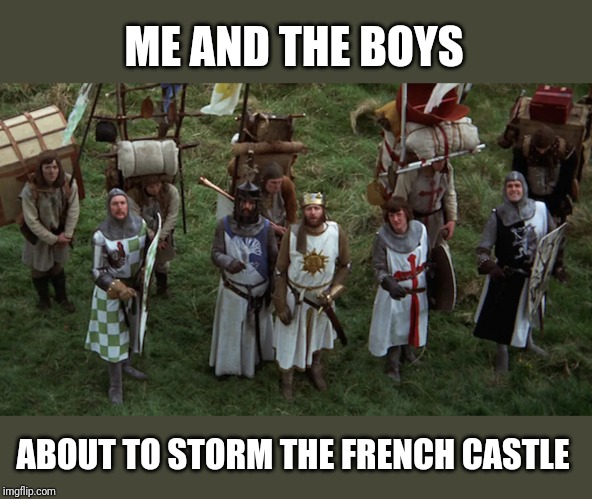After completing today’s reading, I believe it connects to
the larger theme of war and battle. For hundreds and thousands of years, we as
humans have gone to battle due to indifference's between two different groups
whether they be culturally divided, a country that is divided, or disagreements.
“What great honors each of you will possess if as faithful soldiers you obey my
will and my orders! For once we have beaten them we will aim straight for Rome
and will capture the city we have aimed for and will take possession of what we
have captured” (Loomis, pg. 81). According to Arthur in Geoffrey of Monmouth,
battle was over land and who was the ruler of that land.
I believe
rulers back then were similar to how our president is today, they aim for
defeat of the enemy in hopes to gain control. Fortunately, today, we do not
seek war for the reasons they did back then. America today has goals of
controlling specific land outside of the US and to keep treaties and compromises
between other rulers. Around 800 BC, war and battle were much more popular, in
hopes of ruling as much land as wanted or needed. The goal for army’s back then
were to defeat the enemy and take their land.





